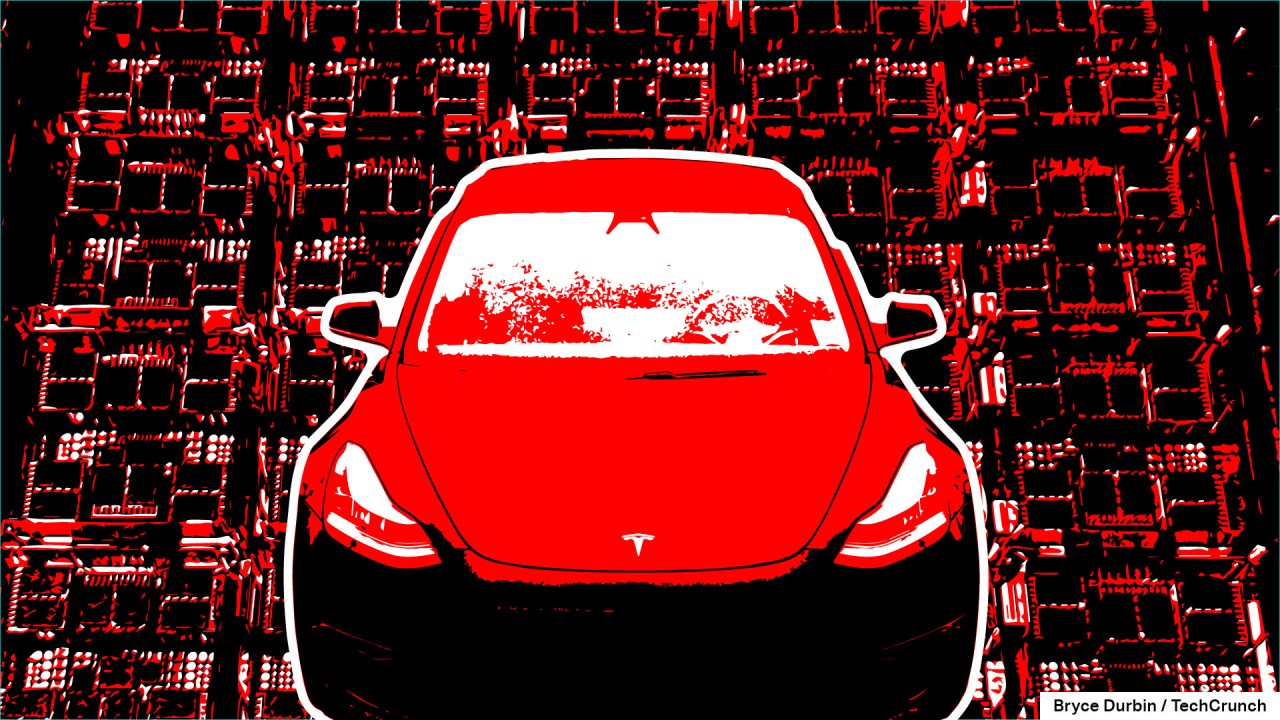In the ever-evolving world of artificial intelligence, few projects elicit as much anticipation as Tesla’s Dojo supercomputer. Elon Musk has consistently championed Dojo as a pivotal component in Tesla’s quest for full self-driving capabilities and its ambitious plans for robotaxis. But what makes Dojo an integral part of Tesla’s long-term vision, and how does it aspire to redefine AI computing? Let’s embark on a journey to unravel the critical features and implications of this groundbreaking initiative.
The Foundation of Dojo
At its core, Dojo is more than just a supercomputer; it is a state-of-the-art training ground specifically designed for Tesla’s “Full Self-Driving” (FSD) neural networks. Unlike other companies that engineer autonomous vehicles using a blend of sensors and mapping technologies, Tesla’s approach revolves around a vision-centric model that aims to replicate human perception using purely visual data gathered from its fleet of nearly two million vehicles. This ambitious goal, however, requires an extraordinary amount of compute power, and that’s precisely where Dojo shines.
Harnessing Data for AI Enhancement
Tesla understands that the efficacy of its AI models relies heavily on data—specifically, the immense volumes of video footage collected from its vehicles as they traverse varied driving conditions. With this, Tesla can train its FSD software to navigate the complexities of real-world driving scenarios. Musk believes the road to total autonomy is achievable by training its models with a unique repository of visual information and neural networks capable of making rapid decisions. However, experts caution that simply acquiring more data may reach a point of diminishing returns without effective training and model refinement.
The Need for Enhanced Processing Power
To capitalize on this wealth of data, Tesla is channeling substantial resources into Dojo’s development. This supercomputer operates on thousands of nodes, each outfitted with their own processing units that manage and execute the complex tasks linked to AI training. The unprecedented scale and structure of Dojo mean it must not only process information rapidly but do so at a scale capable of handling the sheer amount of incoming data, all in real-time—akin to how a human perceives and reacts to their environment.
Pioneering Through Custom Hardware: Meet the D1 Chip
One of the most striking features of Dojo is its proprietary D1 chip, designed specifically for AI workloads. This silicon marvel, with a staggering 50 billion transistors, is engineered to optimize Tesla’s unique training requirements. Unlike conventional GPUs from competitors like Nvidia, Tesla’s D1 chip integrates efficiency and performance, setting the stage for a more streamlined training environment. The objective is to craft an infrastructure that allows for simultaneous computation and data transfer, reducing latency and maximizing throughput.
The Road Ahead: Future Implications and Opportunities
Musk envisions Dojo transforming Tesla into not just an automaker but a formidable player in the AI sector. The ramifications of this venture could be monumental, potentially enabling the company to offer its AI compute resources similarly to tech giants like AWS and Azure. This pivot could usher in significant new revenue streams while simultaneously reinforcing Tesla’s mission to dominate the self-driving market.
Towards Unprecedented Compute Power
As Musk continues to push the boundaries of what’s possible, reports suggest that Tesla is gearing up for a remarkable milestone with Dojo, with aspirations to achieve a staggering 100 exaflops by late 2024. If successful, this would position Dojo as one of the top contenders in global supercomputing rankings—creating a benchmark for others to follow.
Conclusion: The Future of Tesla and AI
The journey to fully autonomous vehicles is fraught with challenges, but Tesla’s ambitious Dojo project offers a glimpse into a future where AI not only powers vehicles but also reshapes how we interact with technology. The innovative blend of extensive data processing and custom-designed hardware marks a significant chapter in the integration of AI and transportation. As Tesla pushes forward, the implications of its achievements with Dojo may extend far beyond the automotive industry, reshaping the entire landscape of artificial intelligence and self-learning systems.
At fxis.ai, we believe that such advancements are crucial for the future of AI, as they enable more comprehensive and effective solutions. Our team is continually exploring new methodologies to push the envelope in artificial intelligence, ensuring that our clients benefit from the latest technological innovations. For more insights, updates, or to collaborate on AI development projects, stay connected with fxis.ai.

